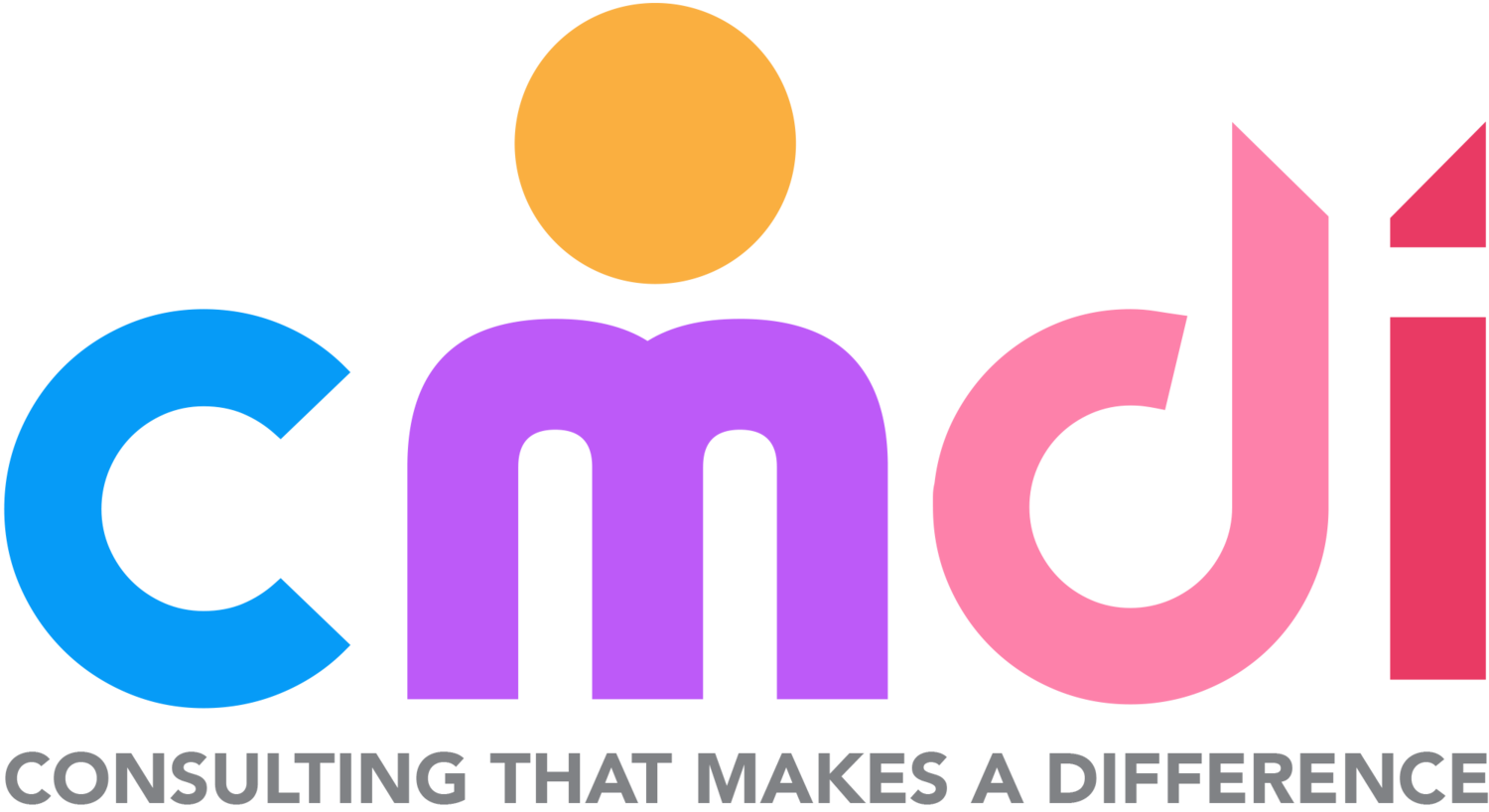Reducing CSE Stress
To reduce the stress and anxiety when attending a CSE, the most effective strategy is to be totally prepared. As a CSE chairperson for over 20 years, I find the members of the CSE are most productive when they have a solid knowledge of the student.
The most important thing to remember when presenting at a CSE is to keep to the facts and use your data. Try not to make subjective statements. Keeping to the facts will help reduce the anxiety and stress of presenting at the CSE.
It is also important to remember that the outcome of the meeting is a consensus of the members; no one person will decide the outcome of the meeting. When asked to present, do so by giving facts and data.
Always wait for the chairperson’s lead, and if a parent asks you a question that you do not have the answer to, refer to the committee chair.
Although having a “pre-CSE meeting” is not allowed, you should take the time to meet as a team or with the chairperson just to ensure you are totally prepared. It is at this time that you can ask any questions about the process.
It is important to remember that the chairperson will handle all the difficult situations that may arise. It is their job to diffuse difficult situations and support the team in their recommendations.
Use the Good-Bad-Good Sandwich
If there are some difficult issues that must be shared with the parent, this trick averts hostility from the parent, start by highlighting something positive—"John's writing shows an insight I don't often see in students his age"—then move on to the issue: "The problem is that John is often off-task, and I've caught him on his phone several times. When he's not paying attention, he misses valuable class content." Discuss your action plan for correcting the behavior and finish up with another positive statement: "With John's strong writing ability and his improved attention in class, I know he'll have a successful year." The good-bad-good sandwich is practically foolproof.
How do you best prepare for an upcoming meeting?
Here are some strategies for preparing for a CSE:
Have all the documents related to the child. Be sure that you have reviewed all the documents so that you will be well prepared for the meeting. (Note: Parents have a right to the records under both the IDEA and the Family Education Privacy Rights Act (FERPA). The latter requires the school district to produce the records within 45 days, but that typically happens much more quickly, especially if there is a dispute pending.)
Divide the records into the following categories: IEP’s and meeting minutes, IEP progress reports, evaluations, correspondence, academic records (such as regular report cards, or scores on state and/or districtwide tests), discipline records, miscellaneous records. Other categories might be necessary for individual cases. Once all the documentation is collected, put the records in chronological order.
Create an annotated table of contents at the beginning of each section. Here is an example:
Creating this type of table accomplishes many things that help with preparation.
First, while time consuming, it requires real focus on the records. Whoever prepares this type of summary will become very familiar with the records. All kinds of interesting things will pop out while summarizing. For example, it will become clear that the same goals were repeated year after year (let’s hope not!), or that the goals were related from one year to the next and to allow a sensible development of skills.
It should be clear that the present levels of performance are appropriate, and that the goals are measurable. Lost or omitted records can be identified. This is vastly preferable to saying, “I know it’s in there somewhere!” as you rustle through papers while everyone else waits.
Case Analysis
It is extremely important that the CSE develop a “big picture” perspective on the child’s situation. The desired goal is a realistic, insightful understanding of the overall quality of the child’s education and the extent of the child’s progress.
The articulated goals should be realistic and conform to the law, and the parent must understand the limits of the law. IDEA does not guarantee that a child will maximize his or her potential. Likewise, the law does not require the district to pay for private services unless the child did not make reasonable progress under the IEP offered, cannot make reasonable progress under any IEP changes offered by the district, and the private services chosen by the parent are appropriate to foster progress.
Preparation for presentation of evidence
As educators, we should be able to identify the evidence that supports the district’s position. That evidence might include the following:
• Report cards
• IEP progress reports
• IEP statements about present levels of performance that reflect progress from the previous levels of performance
• IEP goals repeated from year to year
• Standardized test scores reflecting level of progress (particularly if standard scores and percentiles are changing over time).
Attending a CSE does not have to be stressful if you are fully and adequately prepared. Remember, you are there to help the child and advocate for them. If you keep that in the forefront, you will be successful presenting at the CSE meeting.
If you would like more information about how we can help reduce stress related to CSE meetings in your school or district, go to our website www.cmdi.us to set up a free discovery call.


